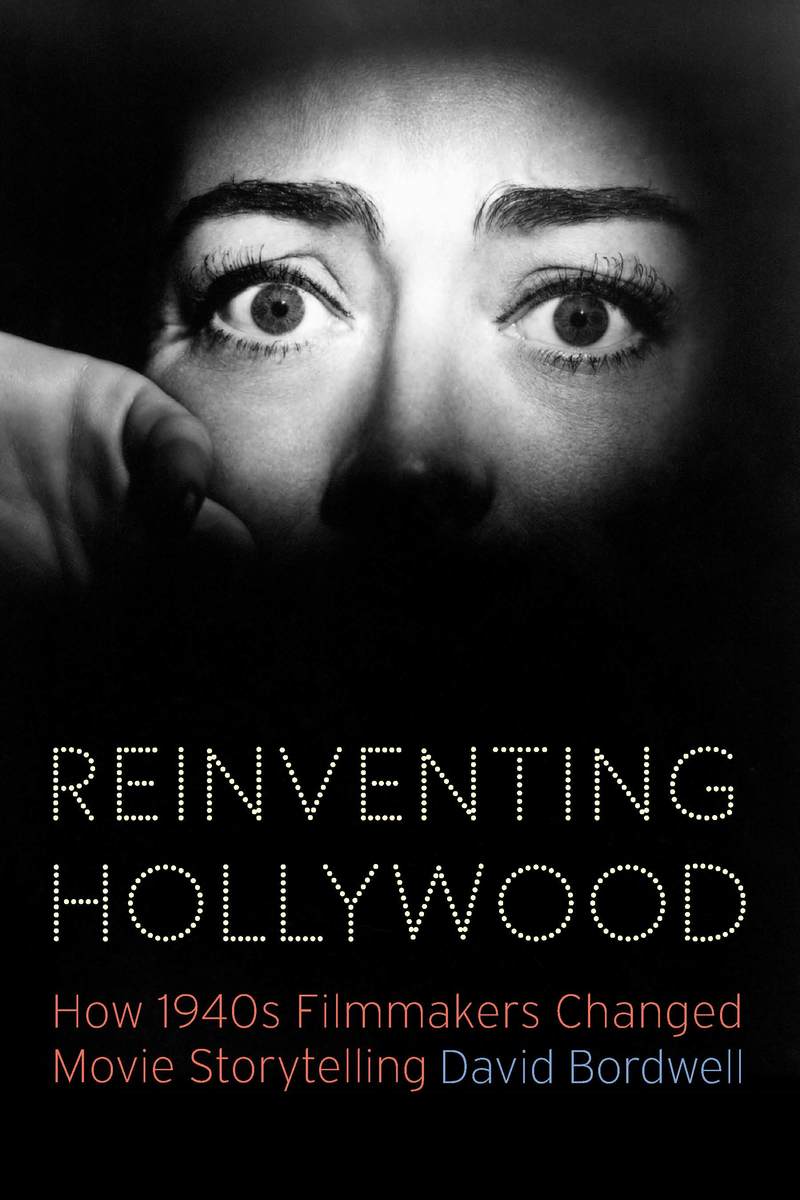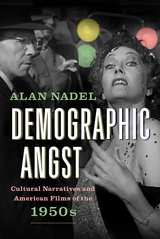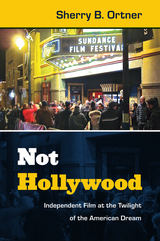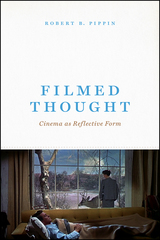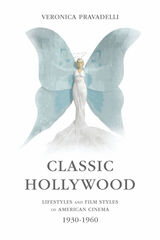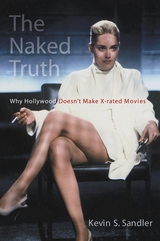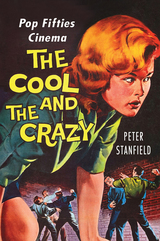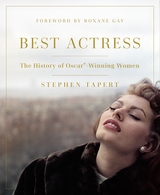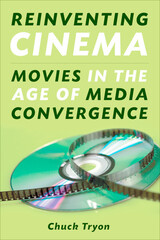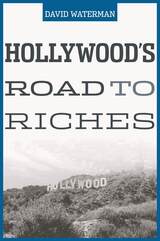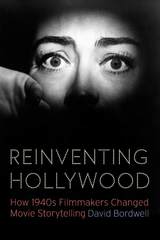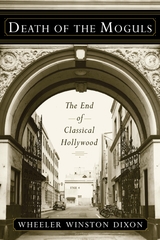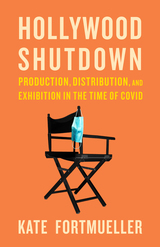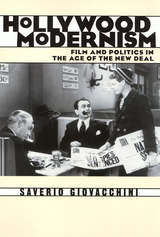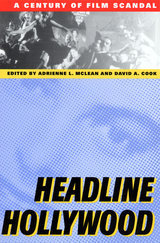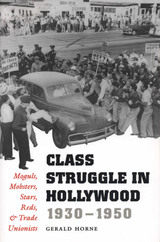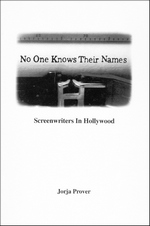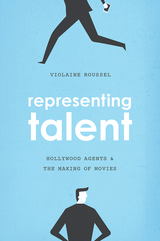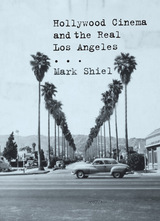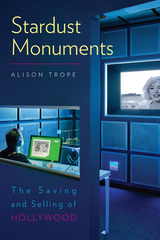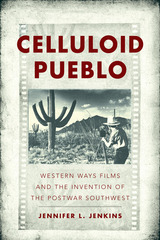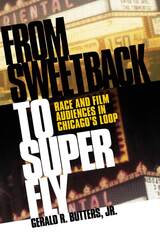“No other critic or historian comes close to the sort of comprehensive discussion of the period that Bordwell gives in Reinventing Hollywood. With an encyclopedic knowledge of movie history, he seems to have seen everything. His research is prodigious, filled with fascinating details about how specific scripts were written and revised. Despite this, there isn’t a whiff of pretention in his writing, which is not only lucid but also witty and engaging.”
— James Naremore, Indiana University Bloomington
“In addition to the almost unparalleled breadth and depth of his research, Bordwell’s love of and admiration for the period’s experimentation and risk-taking comes through on every page. His exuberance is infectious, and again and again I found myself writing down titles of films—many of which I had not heard of before—I now want to see due to his impassioned account of their innovations. This is a singularly important book that powerfully brings to life a rich period of experimentation in Hollywood’s history.”
— Malcolm Turvey, Tufts University
“Bordwell is our soldier of the cinema, the guy up on the wall telling us what’s out there and, in this case, how and why it got there. Reinventing Hollywood is a deep and wide look into a period of creative fervor and storytelling innovation in the movies that hasn’t been matched by any other art form since. This book is bracing and encyclopedic and has real heft, but it’s still a breezy read. It’s not just that you can read it, you can see it. And if modern filmmakers can’t find any inspiring ideas in here, they’re just not trying.”
— David Koepp, screenwriter, Jurassic Park and War of the Worlds; director, Ghost Town and Premium Rush
“As our premier analyst of cinematic storytelling, Bordwell plunges us into Hollywood movies in the 1940s, brilliantly opening up the era’s productive innovations in narrative and narration. Along the way, he explains experiments with devices such as amnesia, cine-portraiture, converging-fates and episode plots, focused space, ghost-movie rules, hooks, impression management, interruptive flashbacks, the omnibus format, polyphonic voice-overs, rhythms of replacement, the switcheroo, and the traveling object. What a treasure for lovers of cinema.”
— Janet Staiger, University of Texas at Austin
“With Reinventing Hollywood, Bordwell pulls off the near impossible. His book, which is meticulously researched, somehow has the ability to inform, to contextualize, and to entertain in equal measures. He is able to demystify arguably the most mature decade of American films in a way that explains patterns and influences but also recognizes those unique, inexplicable masterpieces that somehow came from out of nowhere.”
— Mark Johnson, producer, Rain Man, Galaxy Quest, and Breaking Bad
“Situating Hollywood film among other popular arts of the times, such as theater or the novel or radio drama, Bordwell convincingly shows how movies were key cases of what he terms ‘moderate modernism’ and explored and expanded storytelling possibilities. Having seen everything, read everything, and thought brilliantly about everything, Bordwell delivers the definitive poetics of American cinema as narrative act and narrative art.”
— Dana Polan, New York University
"Bordwell effectively argues that the change in the era of bold, different, sometimes difficult films from the '40s made a permanent mark of cinematic storytelling that resonates to this day."
— PopMatters
"A new book from David Bordwell is always a welcome event in the field of film studies, particularly for the cinephilic academic who appreciates his wide-ranging corpus and the close attention with which he analyses individual moments. . . . It is a hugely engaging account of the fertility of this period and a convincing collection of invigorating storytelling innovations. . . . A fresh contribution to scholarship on Hollywood cinema and an aficionado's joy."
— Times Higher Education
“Reinventing Hollywood shows how risk-taking screenwriters and directors of the 1940s introduced storytelling strategies taken from modernist novels and avant-garde theater, enriching movies with their use of unreliable narrators and flashbacks within flashbacks. . . . No dry encyclopedia of cinematic tropes, this is a delectable menu of narrative techniques that maximize the complexity and depth of a plot. . . . As invaluable to storytellers as to cinephiles and scholars interested in the narrative architecture of Hollywood efforts, both the well-known and less so.”
— Film Quarterly
“An exhaustive, meticulous study of a decade when cinematic storytelling exploded with fresh creative options.”
— Noir City, Film Noir Foundation
“Deeply impressive.”
— Times Literary Supplement
"Few exceed David Bordwell at the job of looking at cinematic technique and describing how, exactly, the trick is done. . . . The book lays out a remarkable curriculum of 1940s American films before reaching a conclusion that traces their legacy to the present day, arguing that well before young American filmmakers of the 1970s 'discovered' modernism from the European art film, the Europeans had been learning from the experimentation of Hollywoood in the 1940s—a seemingly inexhaustible creative wellspring, here drunk from deeply."
— Film Comment
"Rather than focusing on the colorful stars and studio bosses of 1940s Hollywood, prolific film historian Bordwell . . . zooms in on the films themselves, and more specifically, how they were made."
— Library Journal
"a two-fisted approach to rethinking Hollywood's evolution"
— Sight & Sound
"Reinventing Hollywood: How 1940s Filmmakers Changed Movie Storytelling, the latest tome from David Bordwell, one of the most prolific and accomplished scholars in the field, is a major contribution to the study of Classical Hollywood and also a significant—if not downright radical—turn in his career-long assessment of cinematic storytelling. Like much of Bordwell’s later work...Reinventing Hollywood is thorough, insightful, and eminently readable—almost breezy, in fact, due perhaps to the loosening up in tone that has come with his massive online output over the past two decades. At base, though, Reinventing Hollywood is vintage Bordwell: meticulously researched, vigorously systematic, catholic in its coverage of scores of films from all sectors of the industry, and remarkably deft in its theorization of a crucial historical period."
— Thomas Schatz, Projections
